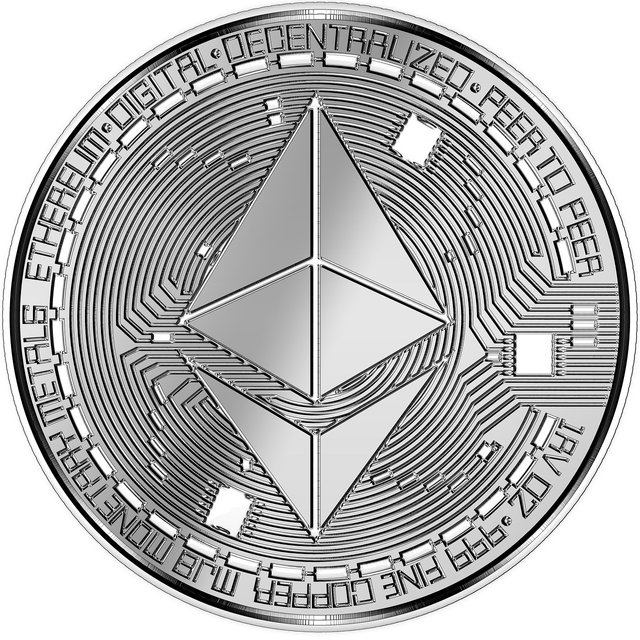Ethereum the Future of Decentralized Applications
Introduction
As a software engineer, I have always been fascinated by the potential of blockchain technology and its applications. Ethereum, in particular, has caught my attention due to its unique approach to decentralized applications (dApps) and smart contracts. In this article, I will discuss the fundamentals of Ethereum, its impact on the software engineering landscape, and the future of apps.

Ethereum Fundamentals
Ethereum is an open-source, decentralized platform that enables developers to build and deploy smart contracts and dApps. It was created by Vitalik Buterin in 2015, with the goal of providing a more versatile and flexible blockchain platform compared to Bitcoin. Ethereum's native cryptocurrency, Ether (ETH), is used to facilitate transactions and incentivize miners to secure the network.
At the core of Ethereum is the Ethereum Virtual Machine (EVM), a Turing-complete runtime environment that allows developers to write smart contracts in various programming languages, such as Solidity, Vyper, and others. These smart contracts are self-executing agreements with the terms of the contract directly written into code, eliminating the need for intermediaries and reducing the potential for human error or fraud.
Impact on Software Engineering
Ethereum has had a significant impact on the software engineering landscape, particularly in the areas of dApps and smart contracts. The platform has opened up new opportunities for developers to create decentralized applications that leverage the benefits of blockchain technology, such as transparency, security, and immutability.
As a software engineer, working with Ethereum requires a shift in mindset and the adoption of new programming paradigms. Developers must learn to write secure and efficient smart contracts, as well as understand the intricacies of the Ethereum ecosystem, such as gas fees, consensus algorithms, and decentralized storage solutions like IPFS.
The Future of Decentralized Applications
The potential of Ethereum and dApps is immense, with numerous industries exploring the benefits of decentralized applications. Some notable use cases include:
Decentralized Finance (DeFi): DeFi platforms leverage Ethereum's smart contracts to create decentralized financial services, such as lending, borrowing, and trading, without the need for traditional intermediaries like banks.
Supply Chain Management: Ethereum-based dApps can provide end-to-end visibility and traceability in supply chains, ensuring the authenticity of products and reducing the risk of fraud.
Digital Identity: Decentralized identity solutions built on Ethereum can give users control over their personal data, enabling secure and private online interactions.
Gaming and Virtual Worlds: Ethereum-based gaming platforms and virtual worlds, such as Decentraland and The Sandbox, allow users to own and trade digital assets, creating new economic opportunities in the virtual space.
Conclusion
As a software engineer, I am excited about the future of Ethereum and the possibilities it brings to the world of decentralized applications. The platform has already made a significant impact on the software engineering landscape, and as more industries adopt dApps and smart contracts, the demand for skilled Ethereum developers will continue to grow.
To stay ahead in this rapidly evolving field, software engineers must continuously learn and adapt to new technologies, programming languages, and best practices. By embracing the potential of Ethereum and dApps, we can contribute to the development of innovative solutions that have the power to transform industries and improve the lives of people around the world.